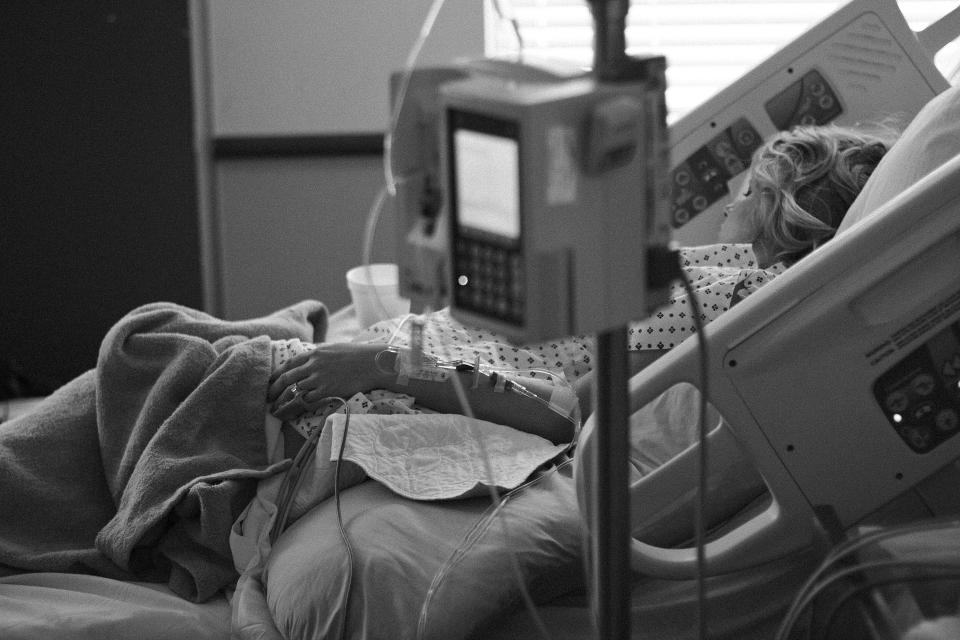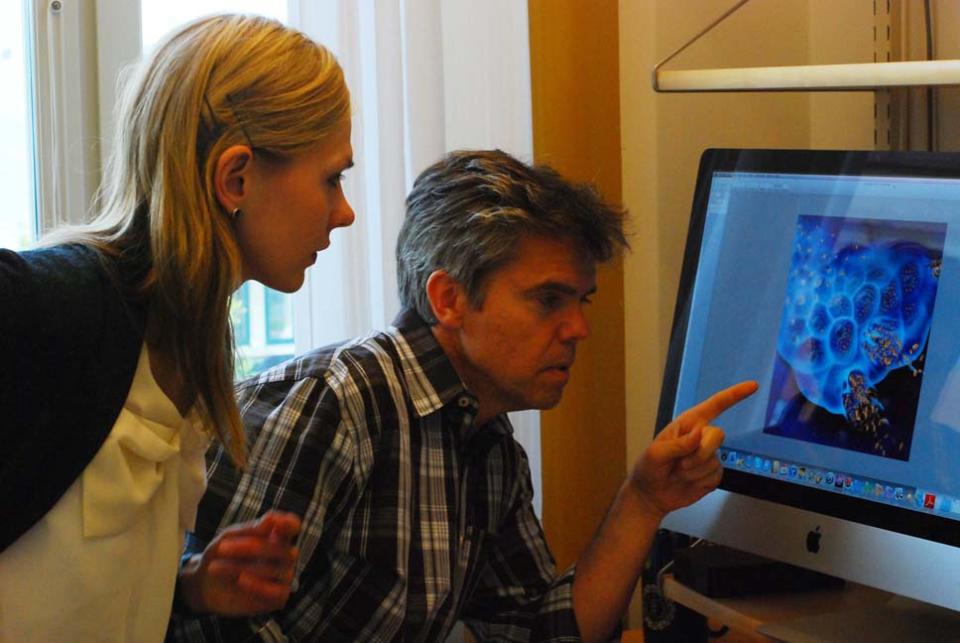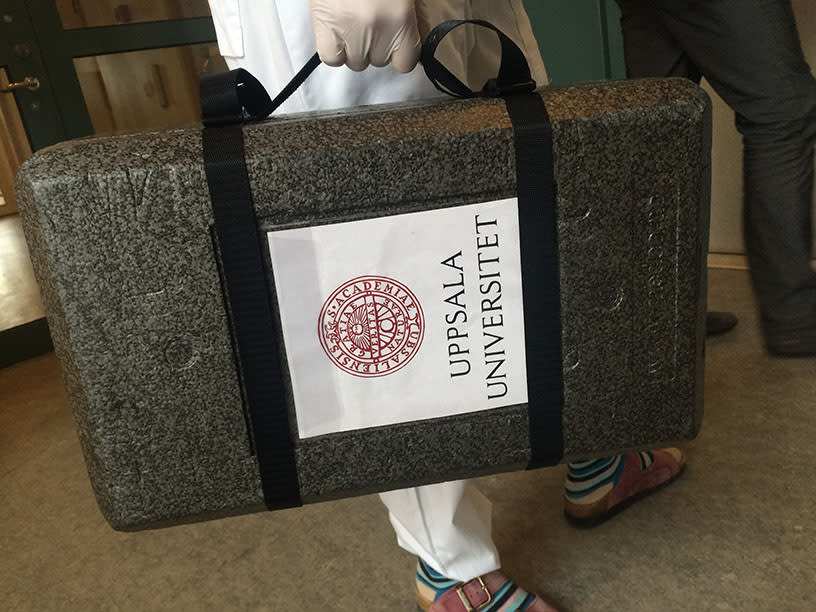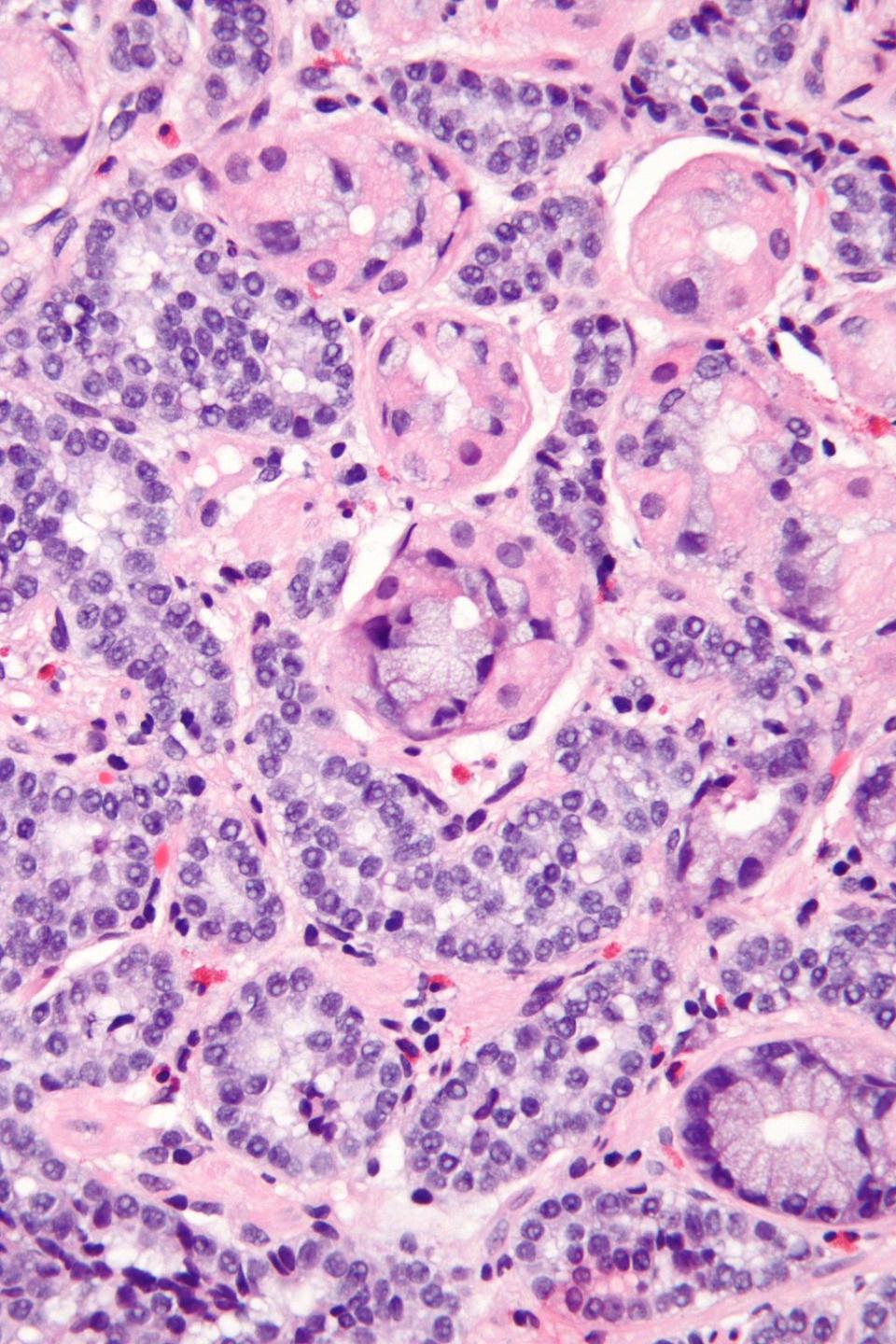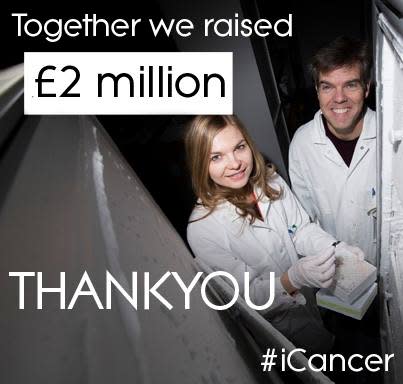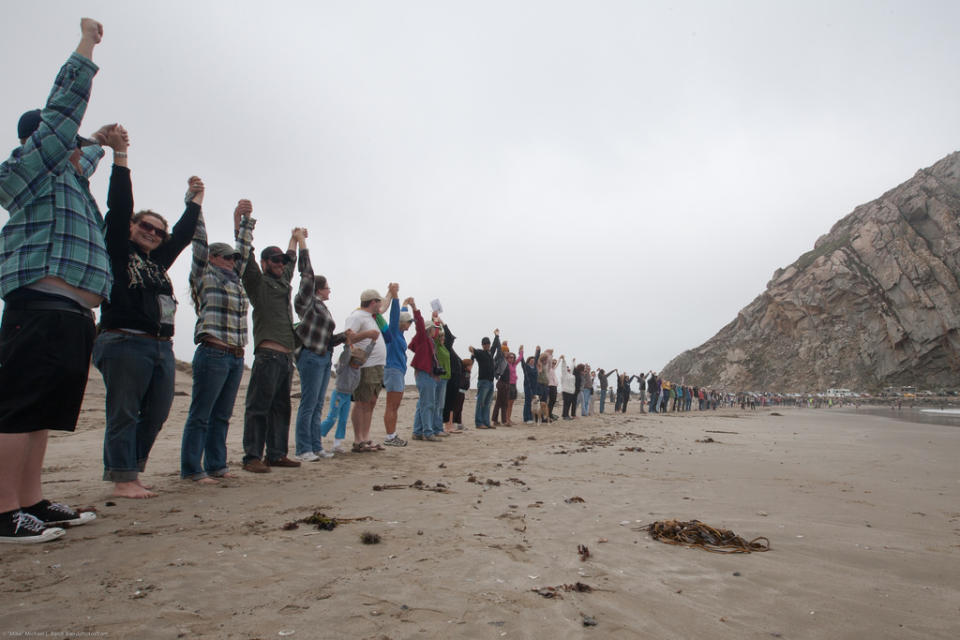AdVince - The Inspiring Story About Human Will and the World's First Crowdfunded Cancer Drug
Cancer – the word itself is enough to invoke dread in our hearts. According to the National Cancer Institute, cancer is among the leading causes of death worldwide. In 2012, there were 14 million new cases and 8.2 million cancer-related deaths worldwide. Unfortunately medical advancement has not progressed enough to make safe, successful treatment options accessible and affordable to every patient. This is why this life-affirming story of friendship, altruism, hope and science went viral worldwide. Here’s how the world’s first crowdfunded cancer drug came to be.
Content Sources:
https://www.cancer.gov/about-cancer/understanding/statistics
http://icancer.org.uk/
http://www.telegraph.co.uk/men/health/can-crowdfunding-really-cure-cancer-alexander-masters-investigat/
http://www.telegraph.co.uk/news/health/news/9508895/A-virus-that-kills-cancer-the-cure-thats-waiting-in-the-coldc.html

